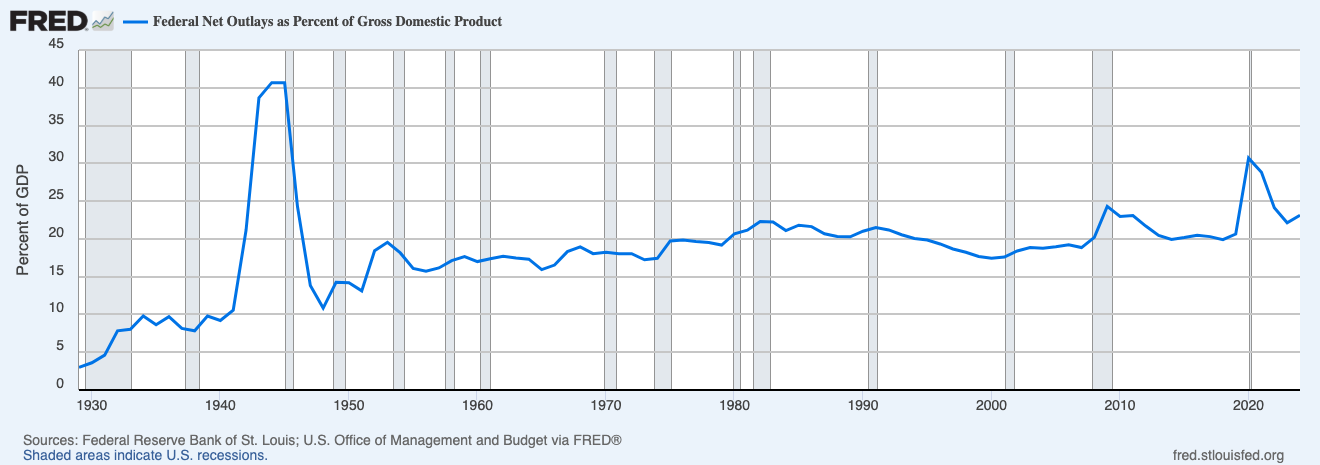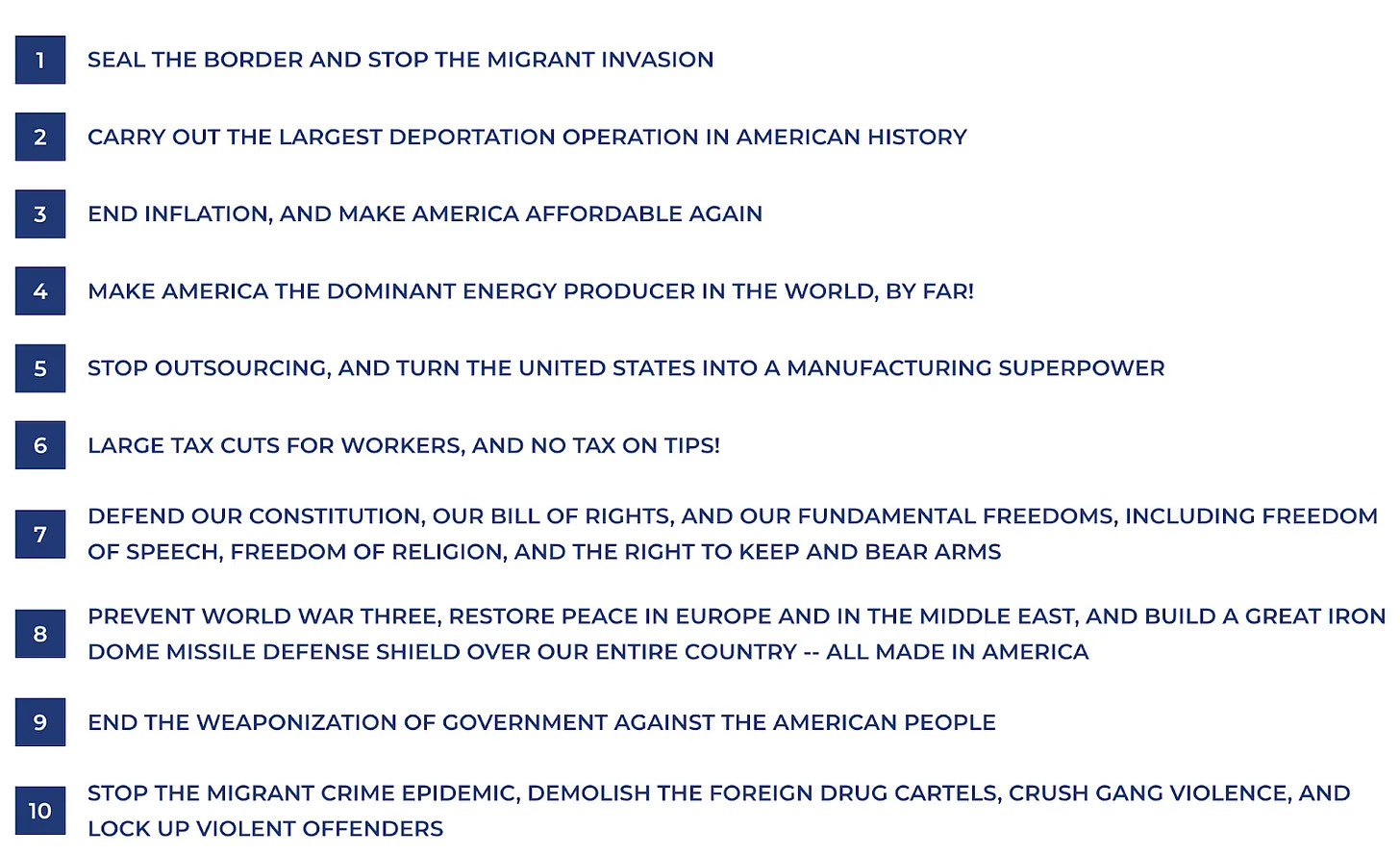I’ve been working hard getting our NCAA Tournament forecasts ready for Selection Sunday. So I’d barely been paying attention to the drama in the Senate, where Republicans were trying to gather votes for a budget resolution to avert a government shutdown by midnight tonight. The bill passed the House on Tuesday essentially along party lines. However, because this process is subject to a filibuster, it required Democratic votes to pass the Senate — specifically, at least eight votes because the Republican Sen. Rand Paul had also pledged to vote against it. Today, just as I was writing this newsletter, the GOP got enough votes to move forward with the package with the help of 10 Democrats, and final passage is expected later tonight.
The tide shifted after Chuck Schumer, the Democratic minority leader, pledged his support for the bill last night. The left is pissed at Schumer, while more establishment and centrist-flavored Democrats are all over the place. Some people I’m usually simpatico with, like Matt Yglesias, have defended Schumer, for instance.
But this time, I’m with the anti-establishment crowd and the other 37 Senate Democrats. If, for some bizarre reason, you’d appointed me to be a senator from New York, I’d have voted against the continuing resolution even if it meant a shutdown. Here’s why.
Trump and Elon Musk are trying to radically reshape the government and scale down its size. Some of this is illegal, while some of it is their just deserts from winning the election last November. But the process is likely to be chaotic. Public pressure or Trump’s political instincts may avert some of the stupidest ideas. But by just randomly pushing a bunch of buttons, things are likely to break, particularly given Musk’s erratic performance lately.
This is also likely to be unpopular. Trump can claim a mandate on a few things, namely reducing immigration, inflation, and various initiatives under the umbrella of DEI. Beyond that, I don’t want to get into a battle of semantics on precisely what he campaigned on or didn’t. Trump did campaign on tariffs for instance, even if Wall Street didn’t take him seriously. And tariffs aren’t so unpopular in the abstract, though it heavily depends on how you pose the question to voters.
But inflation was a far more important part of his victory, and tariffs will produce inflation. Wall Street has wised up to this, and normies will notice too when products semi-randomly become more expensive or harder to get.1 Trump’s approval ratings have notably declined over the past week or so, and they’re particularly poor on the economy, which is much different than anything we saw in his first term, even during COVID.2 This time, he’s getting the blame.
Meanwhile, some of the purges to the government have roots in Project 2025 — but you could debate whether Trump campaigned on them. Nominally, he disavowed Project 2025, but the signals were always mixed. And just because a candidate says something doesn’t mean voters will buy it or should buy it; Kamala Harris had similar problems when she tried to pivot to the center after a long history of left-wing rhetoric.
But I’d guess the large majority of voters didn’t think they were voting for a Rand Paul conservative libertarian type or that they’d be getting so much Elon. Trump had never been much of a fiscal conservative, even. Federal spending as a share of GDP barely decreased at all in Trump’s first term — and then, of course, it shot up under COVID. Tariffs aren’t really a conservative measure either; they’re a tax, and an expansion of the scope of government.
So, my first instinct here is that Trump is flailing and (correctly) getting blamed for the mess, and a shutdown would worsen the mess. So, why would Democrats want to give him a lifeline here on a budget they didn’t even like?
A Quinnipiac poll this week found that about a third of voters would have blamed Congressional Democrats for a shutdown, an equal number would blame Congressional Republicans, and another 20 percent or so would blame Trump. So overall, the GOP gets more blame, although it’s divided between Congress and the president.
I’d take the poll with a large grain of salt because I can assure you that most voters aren’t paying attention to this. (In some ways, having been distracted by other things lately, I’m more like a typical voter on this question than a typical journalist.) Also, it’s hard for voters to project their hypothetical reactions. But there’s a history of presidential approval ratings declining when shutdowns take place and then quickly recovering once the government is funded again.
The difference this time, I’d argue, is that a shutdown would have put Trump and Musk in a highly awkward position. They’ve been arguing that all these governmental services are wasteful and unnecessary. Then there’s a shutdown, and notable voter-facing operations like National Parks and air travel are affected. People get really mad.
So what were Republicans going to say then? Actually, the government is good, after all? And even though we’ve been trying to suffocate the government, this one is Democrats’ fault? Republican partisans would buy it, but most voters wouldn’t.
Eventually, a budget would have passed. I’m not even claiming that Democrats were necessarily in a strong bargaining position — although with the GOP controlling the House and the presidency, bills that are subject to a 60-vote requirement are one of the only leverage points they have.
My guess about what would happen next, though, is even after some services came back online, voters would begin to pay more attention to the other chaos that Trump and Musk are introducing that isn’t related to the shutdown. It would contribute to the sense of disarray, and Trump wouldn’t have good ways of deflecting the blame.
I guess you could argue that Democrats would be irresponsible not to contribute votes to keep the government running. But Democrats have tried to campaign on being the responsible party, the steward of government. It hasn’t really worked for reasons that are partly their fault, including frequent hypocrisy and mismanagement. But also because Democrats tend to campaign on abstractions like democracy, whereas Trump and Republicans campaign on big, bold-faced promises that they probably won’t keep — but are at least specific and tangible:
The whole appeal of Trump to a certain segment of swing voters is that performance (ahem) trumps rhetoric. Sure, Democrats might claim the moral high ground. But they’re hypocrites, plus they’re annoying. Plus, look at the scoreboard: we run a good economy, and we keep popular government services running despite Democrats’ fear-mongering tactics.
When the economy isn’t performing well, however — and when the government isn’t providing the benefits that people have come to expect — that message is profoundly jeopardized. Trump’s trolling begins to look more serious, and suddenly, Republicans are the annoying ones who are always screaming at you about politics, while the #Resistance types look more prescient. Voters might not take Trump’s promises seriously and they shouldn’t, of course — but a well-functioning economy is much a part of the deal they did expect. Biden didn’t return the normalcy he promised, but voters will now see Trump as producing a new flavor of chaos.
In the long run, the shutdown, or lack thereof, is a relatively minor part of this and won’t change the dynamic. (What would change it? Trump firing Elon and knocking off the tariff stuff.)
Still, I’ve been in a weird position over the past couple of years because while I’m more a man of the liberal center than the left, I’ve often disagreed with the political tactics of establishment Democrats, who have been far too risk-averse, especially in their choice of their presidential tickets. The world is changing rapidly, and while Democrats will probably have a good midterm, some of what Trump is doing can’t easily be undone, especially on international relations. The older establishment types don’t seem to get this, instead constantly opting for half-measures at best. If the left wins a few primaries next year, or perhaps even against Schumer in 20283, they’ll have no one but themselves to blame.
My trainer, for instance, not really a political guy, was worried that steel tariffs will make buying new gym equipment more expensive.
I think voters were reasonable, actually, to give Trump a mulligan for the economy under COVID. That’s not to say his overall performance on COVID was anything close to acceptable. But the US economy was no outlier and, in fact, recovered quicker than most peer nations, partly because of the significant stimulus we passed.
As a correction, Schumer isn’t running for re-election until 2028. This footnote was added after the article was originally published.





As Napoleon allegedly said, "Why interrupt your enemy when he is making a mistake?" The Republicans are busy digging themselves a hole and a government shutdown would just distract from that.
I would have voted with Schumer. Things are not going well for Trump — tariff back and forth, picking a fight with Canada, not supporting Ukraine and being nice to Putin, stock market down, inflation worries, eggs are still expensive, Elon is less popular each day and more — all bad for Trump. A government shutdown would distract from that, and instead we would be debating whose fault it was. Let’s keep the light on Trump and Musk and see how long it takes before they worry about whether Peter Navarro has sold them a bill of goods or a sound economic policy. Maybe Lutnick has some idiotic explanation for it . . .